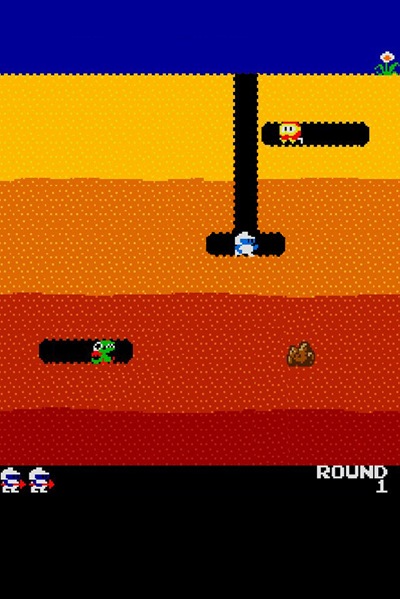
“Not if you can’t see it, there ain’t,“ Phil replies.īut just what Phil can and can’t see is at the heart of “The Power of the Dog,” a film that, like the novel, takes its name from a Psalm.

He sees something in the folds of the looming mountain range that his men struggle to identify.

Phil is confident he holds a greater understanding of farm life, masculinity and something more existential. He revels in the outdoor life of the range. George is finely dressed, humble and decorous Phil, while a studied intellect, seems to never take off his chaps. There lives Phil and brother George (Jesse Plemons), a study in opposites. And the foreboding, oversized ranch house, a hulking wooden pile on dry grasslands, is also a hint that something more gothic is at play here. (Campion shot New Zealand for 1920s Montana, and its foreign, craggy mountain contours only enhance the feeling that this is not your traditional Old West.) There is Jonny Greenwood’s disquieting score, for starters. The film, which Netflix opened in theaters Wednesday, isn’t the Western you might think it is - though it does reside on the frontier. In Campion’s formally composed films, lyricism claws its way through.Īdapted by Campion from Thomas Savage’s 1967 novel, “The Power of the Dog” is less a return to form for Campion than a big-screen reminder of her virtuosity. Her films, including her 1993 masterwork “The Piano,” have only gained admirers for the way they capture assertive inner lives piercing social structures and male hegemony. Even without stepping on a film set in 12 years, though, appreciation for Campion has grown. “The Power of the Dog“ is Campion’s first film since her luminous 2009 John Keats drama “Bright Star” in the interim she made the series “Top of the Lake,“ the vivid New Zealand mystery. The first time we see him this way, through the windows, it’s an early signal that “The Power of the Dog” will pulsate with friction between within and without, that its masterful vision of the West will play out in a juxtaposition of rugged exteriors and murkier, more mysterious interiors. The man is Phil Burbank (Benedict Cumberbatch), a rough-hewn Montana rancher with a menacing arrogance and a cocky, upright posture. He goes into and out of view with each window.

Tracking shots of a solitary figure striding across a Western plain, seen from within the darkened interiors of a home, bookend Jane Campion’s “The Power of the Dog.“ As the man walks, with wrinkled foothills behind him, the camera glides through the house.


 0 kommentar(er)
0 kommentar(er)
